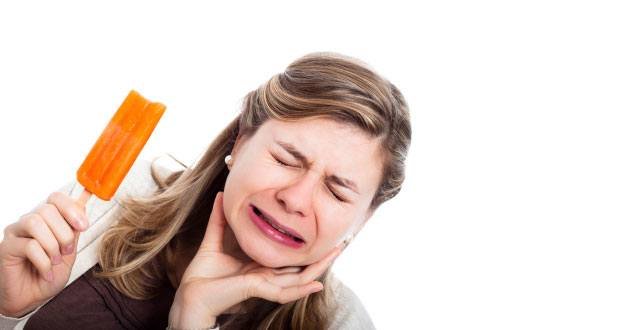Zinc poisoning

Zinc is an important mineral that is needed for a number of functions of the human body related to metabolism and energy release.
The element is crucial for the normal function of our immune system, which protects us from pathogens, infections and diseases.
Zinc also participates in the process of breaking down carbohydrates, which releases energy, and supports cell growth, division and reproduction.
Zinc is also a metal with very wide application in industry, it is used in the production of paints, cleaning agents, solvents, as well as in building materials. Zinc can be found in tires, dyes, and anti-rust agents.
Exposure to significant amounts of zinc can be extremely dangerous and lead to poisoning. Excessive intake of zinc supplements can also cause poisoning.
Zinc is essential for the normal metabolism of honey in the body. Elevated levels of zinc are toxic and affect the normal absorption of honey.
What are the symptoms?
Symptoms of zinc poisoning can be very serious and require immediate medical attention. Clinical manifestations are most often generalized, that is, they affect the whole body and can make you feel very unwell.
The most common symptoms of zinc poisoning are:
• Diarrhea;
• Difficulty breathing;
• Fainting or loss of consciousness;
• Fever and chills;
• Inability to urinate;
• Metallic taste in the mouth;
• Shock;
• Vomiting;
• Yellowing of the skin and the whites of the eyes /jaundice/;
• Pains throughout the body, being stronger in the joints ;
More severe symptoms that may indicate a life-threatening condition.
In some cases, zinc poisoning can be life-threatening. You should seek immediate medical attention, call 112, if you or someone around you exhibits any of these life-threatening clinical signs:
• Convulsions;
• Difficulty breathing;
• Persistent vomiting;
• Shock;
What are the causes?
The body shows signs of zinc poisoning when the concentration of the mineral in the body has a toxic effect on it. Zinc is often found in paints, metal surfaces, cleaning agents and in some building materials.
What are the risk factors?
• Excessive use of nutritional supplements containing zinc or too frequent consumption of foods that contain more zinc and exceeding the daily required dose of the mineral. But not all people who take in more than the normal amount of zinc with food show signs of poisoning.
• Exposure to toxic chemicals such as paints, lead, industrial chemicals, cleaning agents, solvents, rubber, metal fumes, varnish, etc.
Preventing Zinc Poisoning
The risk of zinc poisoning can be greatly reduced by proper handling, use, and storage of hazardous chemicals and other materials containing zinc.
Another useful step is to become familiar with the body’s daily zinc requirements, and then adjust your diet accordingly. For men, they are 15-20 mg, and for women 10-15 mg of the mineral.
You can reduce your risk of zinc poisoning by:
• After using paints, varnishes and other chemical substances, place them in a place that is inaccessible, especially to children;
• Ensure proper storage of zinc-containing products;
• Limit exposure to paints , rubber products and other chemicals that you know contain zinc;
• Read and follow the dosage instructions for dietary supplements containing zinc.



